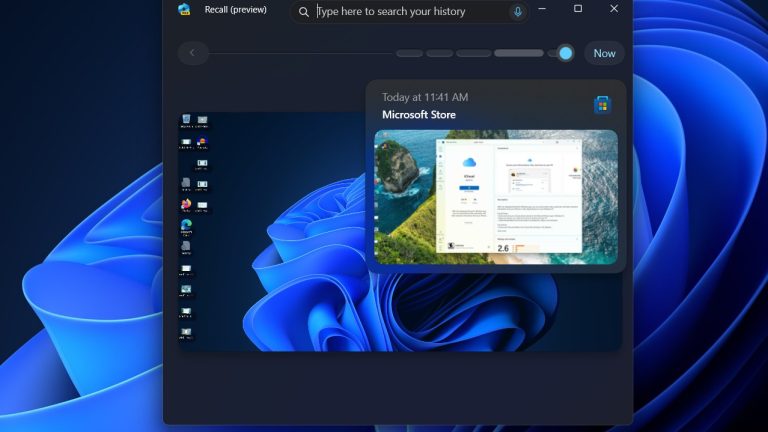Cable giant Comcast, one of the largest Internet providers in the US, today announced a suspension of its 250GB/month data cap policy while it looks for better alternatives.
The two new approaches it has in mind don't differ radically from the current setup, but they do improve it modestly by increasing data limits for all users. Comcast will trial the scenarios in two different markets this year (to be named later), and it will not enforce the cap at all for customers not in a test market. (Comcast draws a distinction between “enforcing” the 250GB data cap and "contacting the very small number of excessive users about their usage"—which will continue.)
Here are the two proposed approaches to limiting monthly data use:
- Customers of Comcast's least-expensive Internet plans (Internet Essentials, Economy, and Performance) would receive 300GB of data per month. Those who subscribe to faster plans would get “increasing data allotments for each successive tier of high-speed service." Anyone who still exceeds the limit could purchase more data—$10 for 50GB.
- All Comcast customers would get 300GB data caps and could purchase extra data for $10 per 50GB.
The first approach, obviously preferable to bandwidth-hungry users, could give users significant data cap boosts after four years at the older 250GB limit. The second approach simply provides 20 percent more data to everyone—divided across the four years the 250GB cap has been in place, this is extremely modest, though it's still unlikely to cause problems for all but the heaviest users.
Comcast says the changes aren't being spurred by an increase in customers bumping up against the current limit. "We are not doing this because all of a sudden we have large numbers of customers who are approaching the 250GB cap," Comcast VP David Cohen said on a phone call with journalists today.


 Loading comments...
Loading comments...
